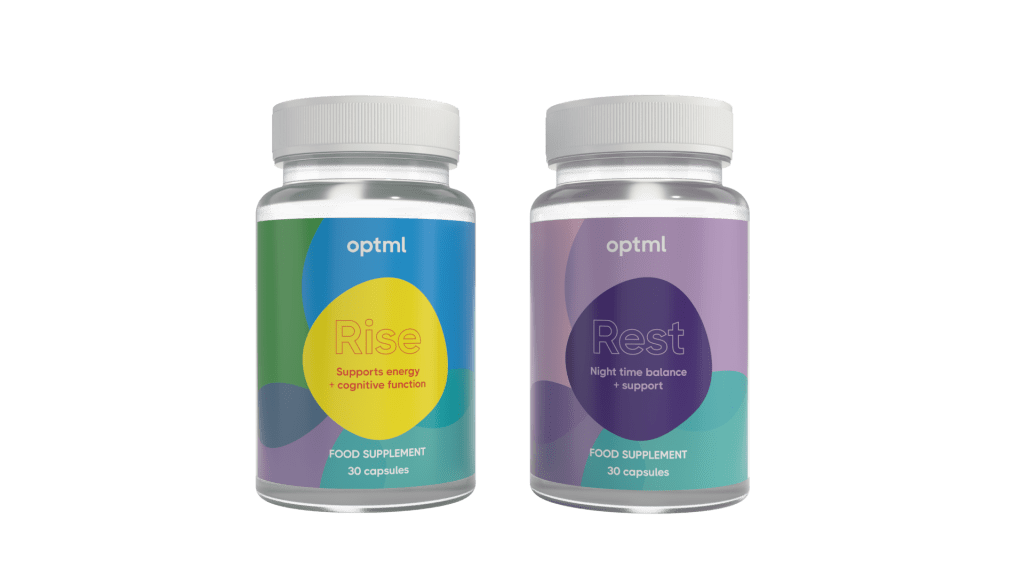
Whether you’ve been unable to sleep because of work stress, have a messed up sleep schedule due to jet lag or even if you’re trying to juggle the 24/7 demands of having a new baby – sleep deprivation can soon set in, and its effects aren’t pleasant.
Medical experts widely recommend getting that golden 8 hours of sleep per night. While having the odd broken sleep is fairly common, what happens when you have a chronic sleep issue and become seriously sleep deprived?
In today’s post, we will be covering how sleep deprivation affects the mind to shed light on this most important of topics where your health and wellbeing is concerned.
Symptoms Of Sleep Deprivation
- Anxiety
- Daytime fatigue
- Diabetes mellitus
- Excessive yawning
- High blood pressure
- Irritability
- Memory issues
- Mood changes
- Paranoia
- Poor balance
- Poor decision making
- Weight gain
Slows Your Thought Process

Scientists have found that sleep deprivation causes us to have lower levels of alertness and concentration. So when it comes to things such as focusing or paying attention, it’s incredibly difficult to do so if your mind is in desperate need of a rest.
As we sleep, the body sets to work on repairing our cells, and the process that takes place in the brain is similar to that of a filing cabinet that is being sorted. Without sleep, this process cannot take place and our minds quite quickly become overloaded, even with the smallest of tasks.
Impairs Judgement

Slowed reaction times and an ability to concentrate lead us on to our next point, which is that sleep deprivation can also impair judgement. In the case of driving especially, a lack of sleep can soon turn fatal, since you will lack the ability to make sharp and quick decisions about what you see in front of you.
However, even when it comes to other types of decisions such as whether or not to impulse spend or even the arguments we may get into because we haven’t had sleep to give us perspective – a lack of sleep can wreak all sorts of havoc on our lives.
That’s where the common saying ‘sleep on it’ comes into play since sleep is how the brain restores itself.
Makes Learning Difficult

It’s very difficult for our brains to absorb new information and build learning pathways in the brain if we are sleep deprived.
For example, a common problem in schools is students staying up too late gaming and then falling asleep in class. Even if you’re an adult and you watch one too many episodes of your favourite show on Netflix, it can very easily eat into your sleep schedule, and overstimulate the brain making it difficult to fall asleep when you do go to bed.
So, when it comes to learning a new skill or even being present for those around us such as friends and family, it’s just not going to be possible if sleep deprivation is a factor. Quite simply, learning requires a lot of mental energy, and if the brain is sleep deprived, it’s actually working on autopilot to conserve energy, which is why new information won’t be absorbed as easily as if you were well rested.
Affects Mood

Parents will be familiar with restless toddlers who are in desperate need of a nap, but the truth is that sleep deprivation can affect our mood at any age, leading to anxiety, depression and stress among many other symptoms.
If you think about it, it’s impossible to feel cool, calm and collected if the equivalent of your computer’s CPU – the brain – is basically fried. Therefore, it’s not uncommon for people to lash out or become overly teary when they are sleep deprived.
Fixing your sleep schedule is the best way to help regulate your mood since your circadian rhythm needs to be in check and this can’t happen if you aren’t sleeping for long enough or if your sleep quality in general is pretty poor.
How To Prevent Sleep Deprivation
- Limit daytime naps or better still eliminate them altogether
- Don’t consume caffeine after midday
- Have a set bedtime and time to wake up at each day
- Have a wind down routine before bed such as taking a bath or reading to help you relax
- Refrain from using screens at least one hour before bed, and switch to an alarm clock to avoid the temptation for a midnight scroll of social media
- Exercise regularly
- Consider speaking to a therapist for any ongoing stress or mental health issues that are affecting your sleep
Supplements For Sleep – Optml Rest & Rise

When was the last time you slept soundly for the recommended 8 hours? If you struggle to fall or stay asleep, then supplementation could help you as part of wider measures to improve your overall health and lifestyle.
Optml is a natural supplement consisting of two capsules to be taken daily, Rest and Rise. Rest is particularly geared towards encouraging a better quality of sleep, with ingredients such as chamomile flower, lavender flower, ashwagandha root extract and magnesium citrate.
So if you want to improve both the quality and quantity of the sleep you are getting, why not give Optml a try? Secure your first order for just £17 and get free delivery when you shop with us directly.